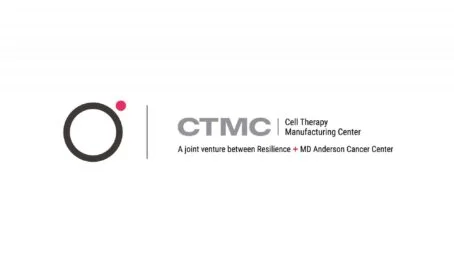Researchers at the University of Pennsylvania have successfully combined CAR-T therapy with mRNA technology – bypassing the need for extraction, chemotherapy and re-infusion.
With fibrosis contributing to over 800,000 deaths worldwide, this study holds great potential for human cardiac treatment.
Here’s how they did it…
Cardiac Fibrosis
Aging and injury tamper with the heart’s function, creating scarred and thickened tissue called fibrosis. Cardiac fibrosis is highly associated with heart disease and heart failure and has no “cure-all” treatment.
Early detection improves prognosis, but options dwindle as damage progresses irreversibly.
CAR-T for cardiac fibrosis
CAR–T cells can expand and persist in the body for a long time after infusion, continually fighting the cancerous cells they encounter. However, this is of no benefit to researchers hoping to fight cardiac fibrosis.
If T cells continuously target fibrotic cells, they can impair normal healing processes and potentially induce autoimmunity.
New CAR-T cell design
Researchers employed a solution which shortens the CAR–T cells’ active duty.
Using lipid nanoparticle technology which carries mRNA transiently, instead of being integrated into the cell’s genome. This reduces the expression of fibroblast activation protein receptors and prevents harm to other tissues.
Results
The team tested the model on mice with cardiac fibrosis. Consistent CAR expression was recorded 48 hours after injection and disappeared after one week.
The results were impressive…
- The function of the heart’s largest chamber improved, in some cases returning to uninjured levels
- The amount of blood filling the heart normalized to safe volumes
- The therapy notably reduced the thickness of the heart
- Although the mass of the largest chamber did not normalize, it trended towards improvement
What does this mean for the future of CAR-T?
CAR–T therapy has revolutionized cancer treatment. Combining it with mRNA technology creates a version that can be useful in treating cardiac fibrosis.
If translated to clinical settings, this “transient” CAR–T therapy could help transfer the benefits to other non-cancerous human ailments.
For the full Forbes Article CAR T-mRNA Therapy For Cardiac Fibrosis: A New Way Forward
Science.org article here CAR T cells produced in vivo to treat cardiac injury


